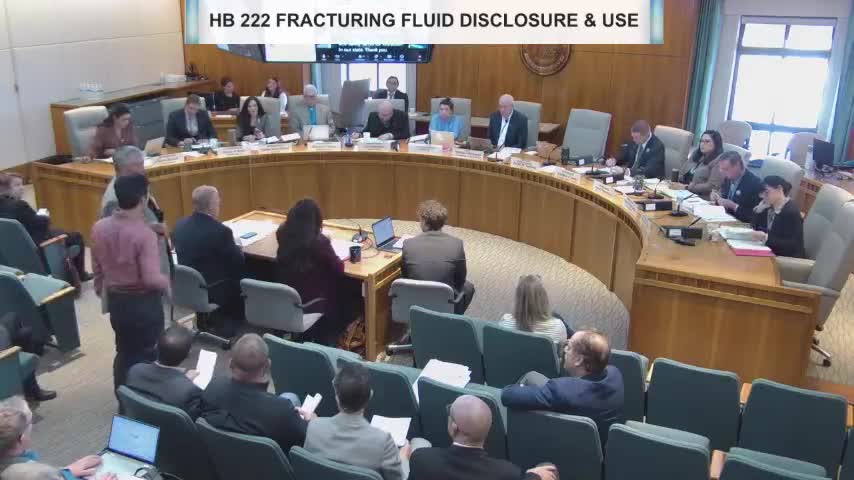Committee advances bill clarifying property‑tax treatment of RETA‑owned transmission improvements
Get AI-powered insights, summaries, and transcripts
Subscribe
Summary
House Bill 295 would clarify that transmission improvements acquired by the Renewable Energy Transmission Authority and leased back to developers are treated as RETA property for property‑tax purposes, sponsors said, preserving project financing assumptions made in prior deals.
Representative Small presented House Bill 295 to clarify how property improvements acquired by the Renewable Energy Transmission Authority (RETA) are treated for property‑tax purposes when leased back to private developers.
Lynn Mostetler (RETA) told the committee that RITA’s prior practice and project agreements were negotiated with the understanding that RETA‑owned improvements would not be subject to property taxes, and that the lack of clarity in the tax code creates uncertainty for private partners. She said counties to date have not collected property tax on RETA project improvements and that the bill would protect future projects from unanticipated tax liabilities that could chill transmission and renewable development.
Pattern Energy and other renewable developers and utilities testified in favor. Pattern Energy construction and compliance staff described local economic benefits during construction and operations — including direct payments in lieu of taxes (PILOTs) negotiated for wind developments that were unlocked by transmission — and said clarifying the tax code helps projects and local revenue planning.
Several committee members raised constitutional and legal questions. Representative Montoya and Representative Murphy referenced a 2017 New Mexico Supreme Court decision (El Castillo Retirement v. Martinez) and the state constitution’s Article 8, Section 3, which limit legislative authority to exempt property from taxation. Members pressed witnesses on whether the bill would create a statutory exemption from property tax and on how the change differs from industrial revenue bond (IRB) transactions that commonly carry negotiated tax treatments at the local level.
Outcome: The committee voted to pass House Bill 295; the final roll call showed the committee approved the measure 6–5. Supporters said the change is intended to preserve existing public‑private financing structures and continued renewable transmission investment; critics warned of the constitutional risk and said the statute may require broader cleanup to avoid litigation.
Why it matters: Sponsors argue the clarification is necessary to maintain RETA’s role in enabling large transmission projects and the associated economic development. Opponents say the statute may run afoul of constitutional limits on exempting property by statute and recommended broader statutory reform or Attorney General review.
